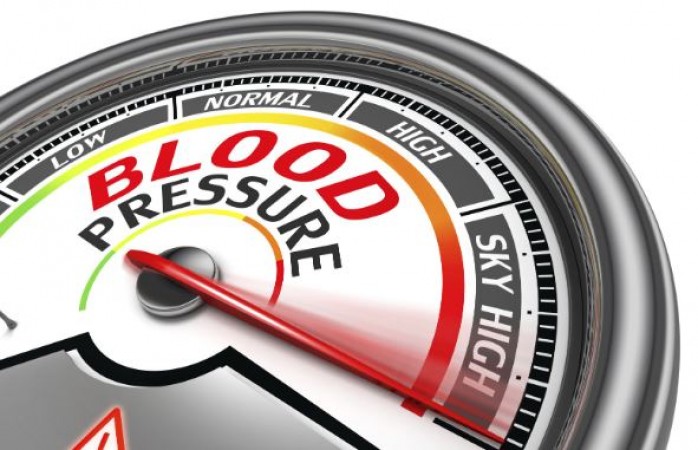
Taking special care of the body is essential during the winter season, especially for individuals with conditions like high blood pressure and heart diseases. It is crucial for them to pay attention to their diet and routines to prevent health complications. In cold weather, blood tends to thicken, leading to concerns about clot formation and fatigue.
Why Does Blood Thicken in Cold Weather?
According to Heart.org, the drop in temperature during winter causes blood vessels to constrict, increasing the risk of high blood pressure. Additionally, the cold can cause blood to become thicker, contributing to the formation of clots. For individuals with high blood pressure, this situation can be particularly dangerous.
Symptoms of Thickened Blood:
The symptoms of thickened blood may not be immediately apparent, but they manifest as the condition progresses. Some signs to watch out for include:
Blurred vision
Dizziness
Blue patches on the skin
Increased bleeding during menstruation
Headaches
High blood pressure
Itchy skin
Fatigue
Shortness of breath
Swelling
Pomegranate - A Natural Vasodilator:
Pomegranate, rich in nitrates, polyphenols, and antioxidants, acts as a natural vasodilator. These compounds help widen blood vessels, improving blood flow and reducing the risk of clot formation. Including pomegranate in the winter diet can be a flavorful and health-conscious choice for individuals with high blood pressure.
Garlic - Nature's Blood Thinner:
Garlic has long been recognized for its cardiovascular benefits. It contains allicin, a natural blood thinner that helps reduce stress on blood vessels. By promoting relaxation, garlic plays a crucial role in preventing blood clotting. We'll explore ways to incorporate garlic into daily meals to harness its full potential.
Cinnamon - Enhancing Blood Circulation:
Cinnamon, known for its aromatic flavor, also offers cardiovascular benefits. It helps relax blood vessels, enhancing blood circulation. Research indicates that cinnamon supplements may specifically improve blood flow in coronary arteries, making it a valuable addition to winter diets.
Ginger - Promoting Circulatory Health:
Beyond its culinary uses, ginger boasts properties that enhance blood circulation. By reducing the risk of blood clots, ginger contributes to cardiovascular well-being. We'll discuss creative ways to include ginger in various dishes, ensuring a flavorful and heart-healthy winter menu.
Foods Rich in Phenols - Antioxidant Powerhouses:
Peas, beans, soy milk, green tea, black tea, and parsley are high in phenols, offering antioxidant properties. These foods contribute to preventing blood clot formation and maintaining vascular health. We'll explore the benefits of phenol-rich foods and how to incorporate them into a well-rounded winter diet.
Lifestyle Practices for Winter Wellness:
In addition to dietary considerations, adopting specific lifestyle practices can further support cardiovascular health during winter. We'll discuss the importance of staying physically active, managing stress, and ensuring adequate hydration. These holistic approaches contribute to overall well-being and complement dietary choices.
Consultation with Healthcare Professionals:
Before making significant changes to one's diet or lifestyle, especially for individuals with existing health conditions, consulting with healthcare professionals is paramount. We'll emphasize the importance of personalized advice tailored to individual health needs, ensuring a safe and effective approach.
Creating a Winter Wellness Plan:
Summarizing the information provided, we'll guide readers in creating a personalized winter wellness plan. This plan will encompass dietary choices, lifestyle practices, and regular consultations with healthcare professionals. Empowering individuals to take proactive steps towards cardiovascular health, the winter wellness plan serves as a roadmap for a season of well-being.
In conclusion, this detailed guide provides insights into mitigating the risks associated with cold weather for individuals with high blood pressure. By understanding the impact of winter on cardiovascular health and incorporating specific foods and lifestyle practices, individuals can navigate the season with a focus on well-being. Winter should be a time of warmth and joy, and with these strategies, individuals can ensure their hearts stay healthy and strong.
After 7 PM: Follow These 5 Steps for a Happier Life
Is Stress Bothering You? No Matter, Here's the Ultimate Solution – Follow These Steps
Most Indians are at risk of sleep apnea due to obesity, research revealed